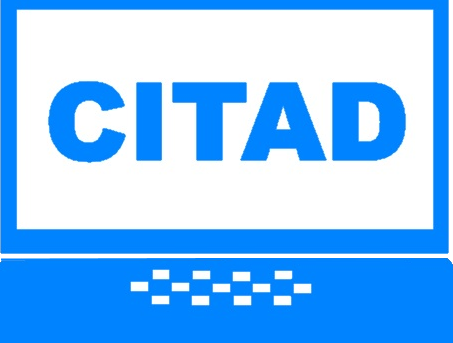Centre for Information Technology and Development (CITAD) has urged government at all levels in Nigeria to invest more on ICT infrastructure such as Artificial Intelligence (AI) and encourage its responsible use among citizens for self-empowerment and wellbeing of the society.
The centre also emphasised the need for the government to develop all-inclusive national policies and frameworks to guide AI deployment to improve effectiveness and efficiency in governance and elections.
This was contained in a communique issued at the end of the 5th Kano Social Influencers Summit organised by the centre in Kano, signed by the convener, CITAD’s executive director, Yunusa Zakari Ya’u; executive director of MILID, Chiamama Okafor and Professor Abdulhamid Abdullahi from Ahmadu Bello University (ABU), Zaria and Danlami Nmodu.
According to the communique, AI when mainstreamed, has the potential to improve the efficiency and accuracy of elections and also provide opportunity to improve on transparency, which is a key requirement for accountability and improving democracy.
While appreciating some forms of government adoption of technology within Kano and Jigawa states in enhancing public governance and job opportunities for the youths, they urged Nigerians to scale up their knowledge and skills in AI technology in order to participate in governance and shaping government policies and programmes in their favour.
The summit also suggested that AI should not be viewed as a threat to jobs but as a tool to enhance job efficiency and productivity, particularly in sectors like the media, arts, business and governance, highlighting how it had improved communication and accessibility for individuals with hearing impairments through advancements in speech recognition and sign language translation, thereby enhancing their participation in elections and governance.
However, the communique also noted some risks associated with AI to include its ability to generate fake data that could further complicate the current state of disinformation, invasion of privacy and tendencies to generate bias data among others.
Participants at the summit however called for more investment in technological acquisition so as to improve data quality and data fragmentation in the country.




